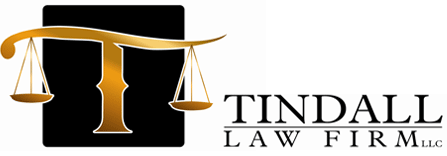PROPERTY OWNERS MUST INSPECT FOR HAZARDS
Most Connecticut residents probably realize that being an owner or occupant of property carries certain responsibilities. A classic responsibility for homeowners is shoveling their sidewalks in winter so visitors don’t slip. The responsibility an owner owes to most visitors to his or her property is called premises liability: the legal responsibility property occupants and owners have for injuries and accidents on their property.
A recent incident in Bridgeport, Connecticut is illustrative of the issue of premises liability. A motorist claims that a pothole in the parking lot of the social security office resulted in damage to her car totaling approximately $2,000. The motorist is suing the owner of the parking lot for failing to exercise reasonable care to protect her from hazards.
Premises liability
The extent of a property holder’s duty of care to others who enter his or her property depends on several factors. One consideration is what type of visitor the injured party is. In many states, there are three legal distinctions, which carry correspondingly different levels of care the property owner must exercise:
- people who are invited onto the property, which applies to store customers
- licensees, who come onto the property for their own purposes, but with the occupant’s consent
- trespassers, who do not have permission to enter the property
In the Bridgeport parking lot case, the driver would most likely fall under the first category, an invitee. Property owners have a duty to take reasonable steps to make sure an invitee is safe on their property.
Reasonable care?
The parking lot of the Bridgeport property slopes abruptly from the street to a curb in front of the social security office. Because of the slope, drivers can’t see the surface well, and the aggrieved woman’s car dropped into a pothole as she backed out of a parking space. The bumper caught on the edge of the pothole and tore away, denting the grille in the process.
Complaints to the city were useless since the parking lot is private property. Applying premises liability, the property owner should have taken reasonable care and inspected the property for hazards that could cause injury to customers parking in the lot. Shortly after the incident, the driver observed that the pothole had been filled in, evidence, she claims that the owner knew that the repair should have been done.
To recover damages in incidents like these, it is wise to seek out the counsel of an accomplished Connecticut attorney with experience in premises liability claims. While the details may vary, whether a person slips and falls on an icy sidewalk or hits a pothole, property owners can be held liable and required to pay damages when they fail to exercise reasonable care to protect those who enter their property.

 Sampling of Successful Case Resolutions
Sampling of Successful Case Resolutions Read our answers to some frequently asked questions.
Read our answers to some frequently asked questions. View Our Mission Statement
View Our Mission Statement




